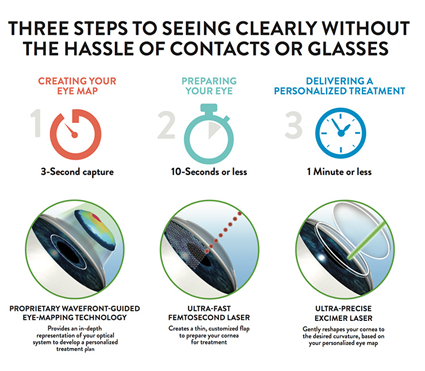Understanding Hypertension
Hypertension, commonly known as high blood pressure, is a condition that affects millions of people worldwide. It’s essential to understand the basics of hypertension and learn effective strategies to control and manage this condition.
Healthy Eating Habits
One of the fundamental aspects of controlling hypertension is adopting healthy eating habits. Focus on a diet rich in fruits, vegetables, whole grains, and lean proteins while limiting salt, saturated fats, and processed foods. Incorporating foods high in potassium, such as bananas, leafy greens, and avocados, can also help lower blood pressure.
Maintain a Healthy Weight
Maintaining a healthy weight is crucial for managing hypertension. Excess weight can put strain on the heart and blood vessels, leading to elevated blood pressure. Aim for a body mass index (BMI) within the healthy range and engage in regular physical activity to support weight management.
Regular Physical Activity
Regular exercise is a key component of hypertension control. Engage in aerobic exercises such as brisk walking, jogging, swimming, or cycling for at least 30 minutes most days of the week. Strength training exercises can also be beneficial for overall cardiovascular health.
Limit Alcohol and Caffeine Intake
Excessive alcohol consumption and caffeine intake can contribute to high blood pressure. Limit alcohol to moderate levels (one drink per day for women and two drinks per day for men) and be mindful of caffeine consumption from coffee, tea, and energy drinks.
Quit Smoking
Smoking is a significant risk factor for hypertension and cardiovascular disease. Quitting smoking can lead to immediate and long-term benefits for blood pressure control and overall health. Seek support from healthcare professionals or smoking cessation programs if needed.
Manage Stress
Chronic stress can contribute to elevated blood pressure levels. Practice stress-reducing techniques such as deep breathing exercises, meditation, yoga, or engaging in hobbies and activities you enjoy. Prioritize self-care and relaxation to manage stress effectively.
Monitor Blood Pressure Regularly
Regular monitoring of blood pressure is essential for hypertension control. Keep track of your blood pressure readings at home using a reliable blood pressure monitor. Share your readings with your healthcare provider to adjust treatment plans as needed.
Medication Adherence
If prescribed medication for hypertension, it’s crucial to take it as directed by your healthcare provider. Follow the recommended dosage and schedule, and don’t skip doses unless advised by a medical professional. Inform your doctor of any side effects or concerns.
Lifestyle Modifications
In addition to dietary changes and exercise, other lifestyle modifications can help control hypertension. Get an adequate amount of sleep each night, manage chronic conditions such as diabetes or high cholesterol, and prioritize regular healthcare check-ups.
Seek Professional Guidance
Consult with healthcare professionals, such as doctors, nurses, or registered dietitians, for personalized guidance and support in managing hypertension. They can provide tailored advice, recommend appropriate treatment options, and monitor your progress over time. Read more about tips to reduce blood pressure




